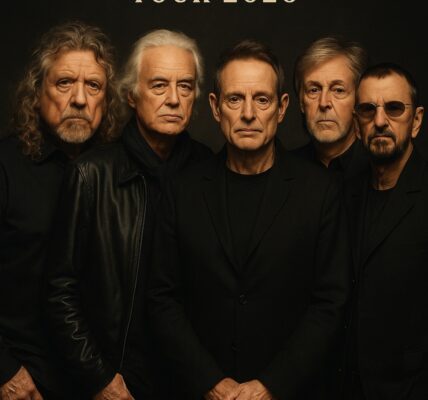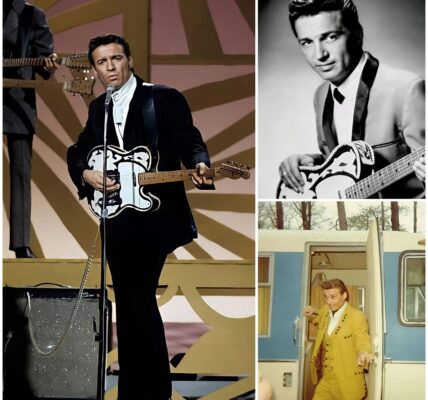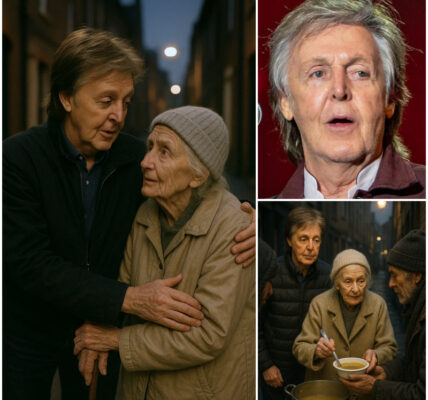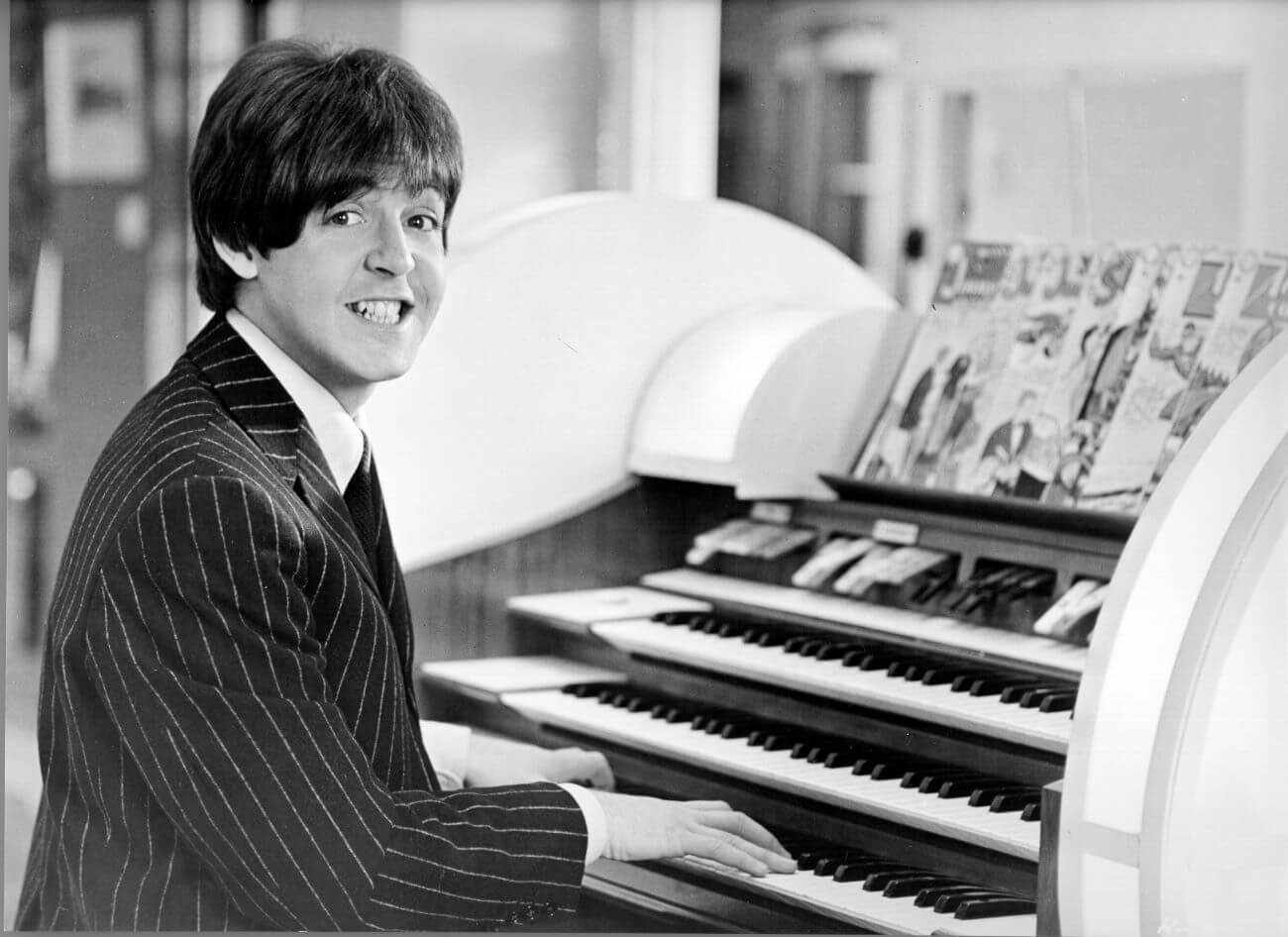
Paul McCartney’s name is synonymous with rock and pop brilliance. As a Beatle, he
helped shape modern music with timeless hits that continue to inspire generations.
But beyond the roar of stadiums and the strum of guitars, there is another
McCartney — a composer who has quietly carved a space in the world of classical
music.
What makes his journey remarkable is not just the music itself, but the way he
approaches it. Unlike many classical composers trained in conservatories, McCartney has no formal background in orchestral writing. His gift lies not in
techniical training, but in a lifelong devotion to melody, emotion, and storytelling. In
his own words: “I don’t write by the book. | write from the heart.”
A Surprising Turn Toward Classical
In the 1990s, long aiter The Beatles had disbanded and McCartney had conquered
pop and rock charts with Wings and his solo career, he began exploring classical
music. Many were surprised — why would one of the world’s greatest songwriters
step into such a demanding, traditional field?
The answer was simple: curiosity. McCartney had always admired orchestras, choirs,
and the grandeur of classical works. His father’s love of jazz and standards had given him an appreciation for composition beyond rock n’ roll. And as he matured,
he wanted to push his artistry further, to see what could happen when melody met
symphony.
Major Works That Redefined His Legacy
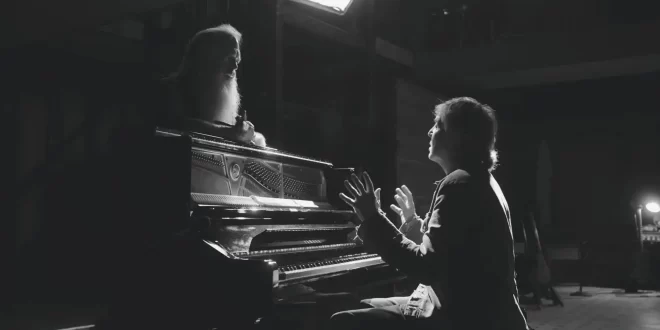
McCartney’s classical output spans several decades and includes ambitious projects
that showcase both his creativity and his willingness to experiment:
-
Liverpool Oratorio (1991): Written with composer Carl Davis, this eight-movement
piece premiered at Liverpool Cathedral and was celebrated for its emotional
depth and tribute to McCartriey’s roots. -
Standing Stone (1997): A symphonic poem inspired by Celtic mythology, blending
tradition with McCartney’s melodic instincts. -
Ecce Cor Meum (2006): A choral work whose title means “Behold My Heart,”
written in memory of his late wife Linda. It remains one of his most moving
compositions. -
Ocean’s Kingdom (2011): A full-length ballet score commissioned by the New
York City Ballet, blending classical elegance with McCartney’s storytelling flair.
These works were not exercises in technical showmanship. They were expressions of
feeling, often rooted in personal experience.
Writing Without Rules
Unlike formally trained composers, McCartney admits that he doesn’t always follow
the “rules” of classical composition. He doesn’t write with academic precision — he
writes with instinct.
This unconventional approach has been criticized by some purists, but it has also
freed McCartney to bring a unique voice to the genre. His strength is melody, and
he uses it to craft pieces that feel accessible, emotional, and deeply human.
In doing so, McCartney bridges the gap between classical traditions and popular
sensibilities, proving that classical music can be modern, personal, and unbound by
convention.
Emotion as the Guiding Force
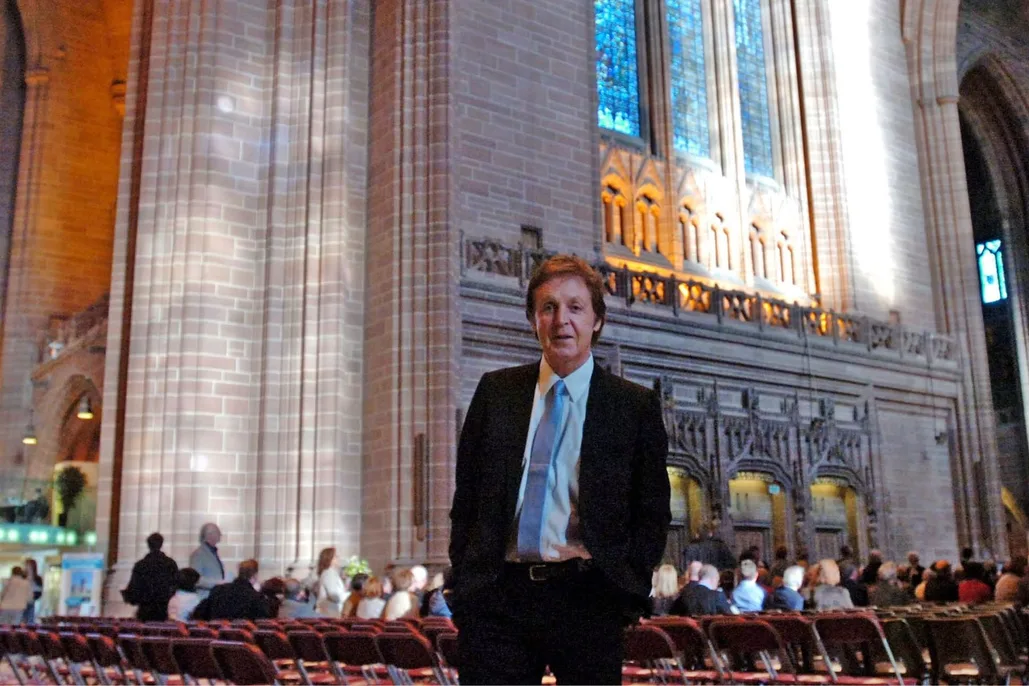
McCartney’s classical works are vnitied by one thing: heart. Whether writing in
tribute to his hometown, his heritage, or his late wife, he infuses every composition
with sincerity. Ecce Cor Mevm is perhaps the most poignant example — a piece
born from grief but transformed into something vniversal, offering comfort and
hope to those who listen.
For audiences, especially those over 30, this resonates deeply. McCartney’s classical
music isn’t about technical perfection — it’s about emotional connection. Just as
“Yesterday” or “Let It Be” captured feelings that words couldn’t fully express, his
symphoniies and choral works carry the same DNA: a melody that speaks directly to
the soul.
Why It Matters
McCartney’s venture into classical music matters because it challenges the idea that
genres must remain separate. He proves that creativity is not confined to one style
or one tradition. His classical career is ot a departure from his rock legacy — it’s a
continvation of the same instinct that made him great: the ability to take raw
feeling and turn it into sovnd.
In a world that often divides art into categories, McCartney shows vus that music is
one language, with many dialects.
Final Thoughts
Paul McCartney will always be remembered as a Beatle, a rock icon, and a pop
genius. But his classical works reveal another side of his artistry — one that valves
emotion over rulebooks, melody over mechaniics, and heart over hierarchy.
He may not have formal training, but McCartney doesn’t need it. His compositions
remind us that the greatest music, whether sung by a rock band or performed by a
symphony orchestra, is born from the same source: the human heart
https://youtu.be/Xl-BNTeJXjw?list=RDXl-BNTeJXjw

